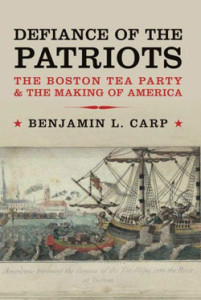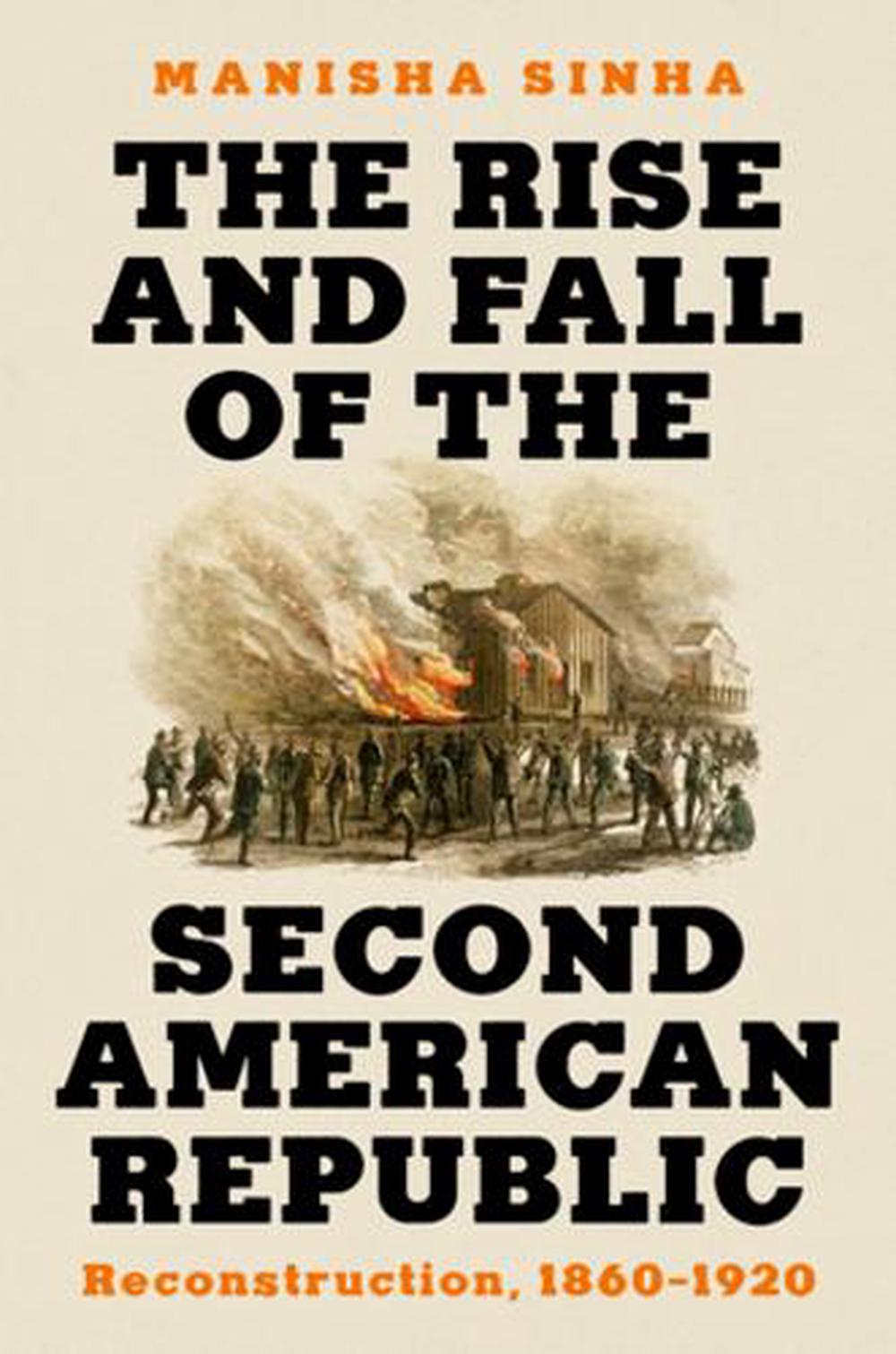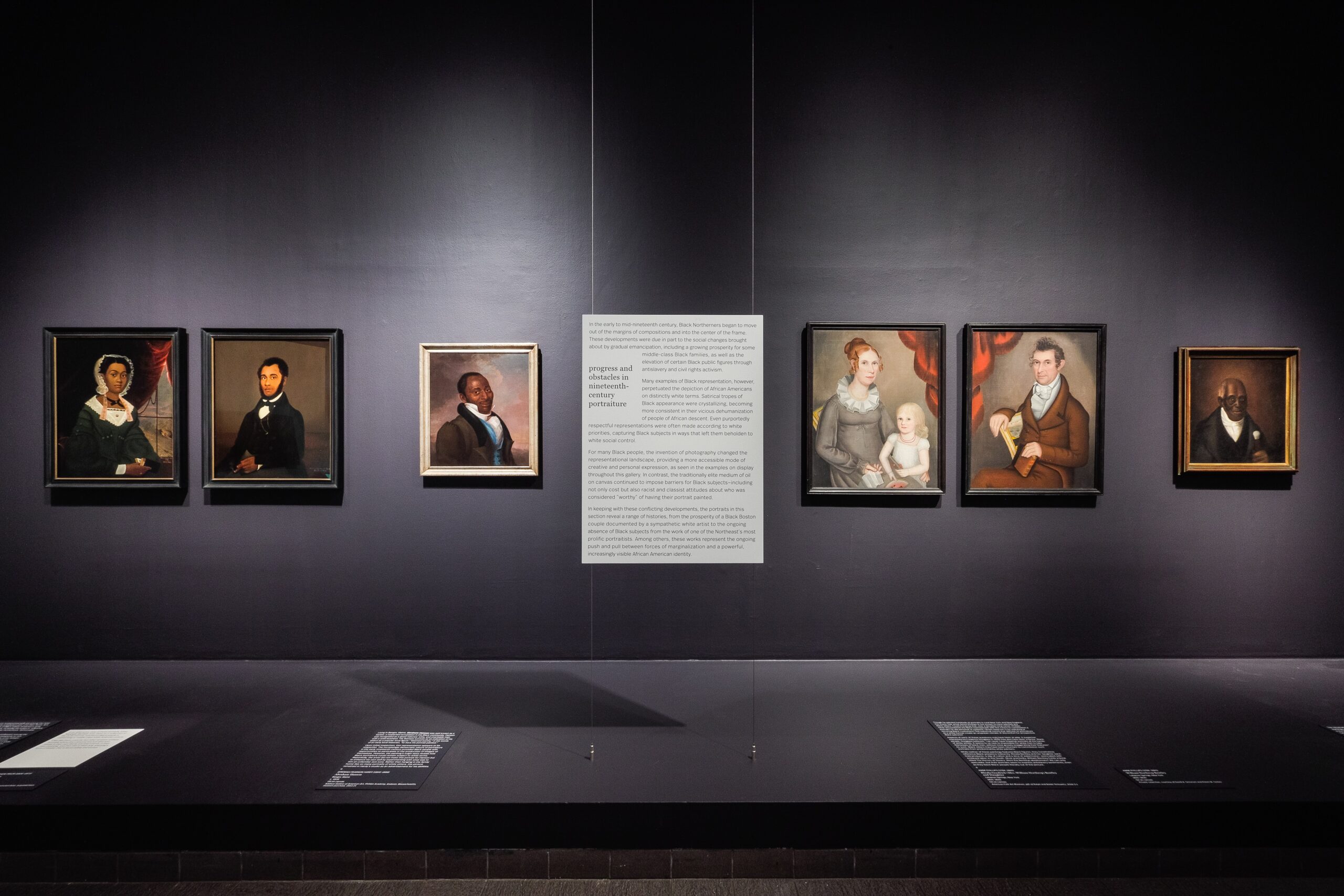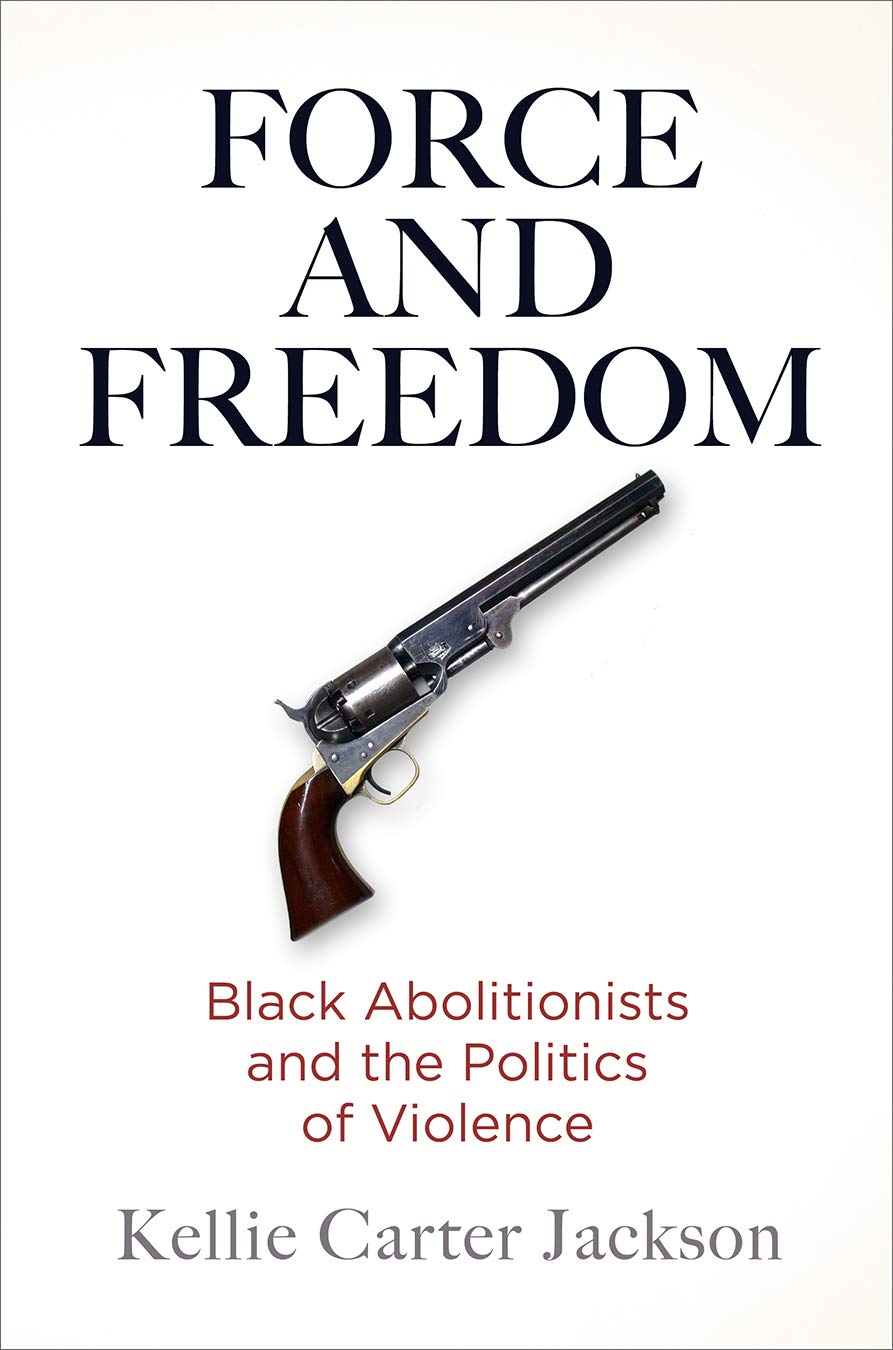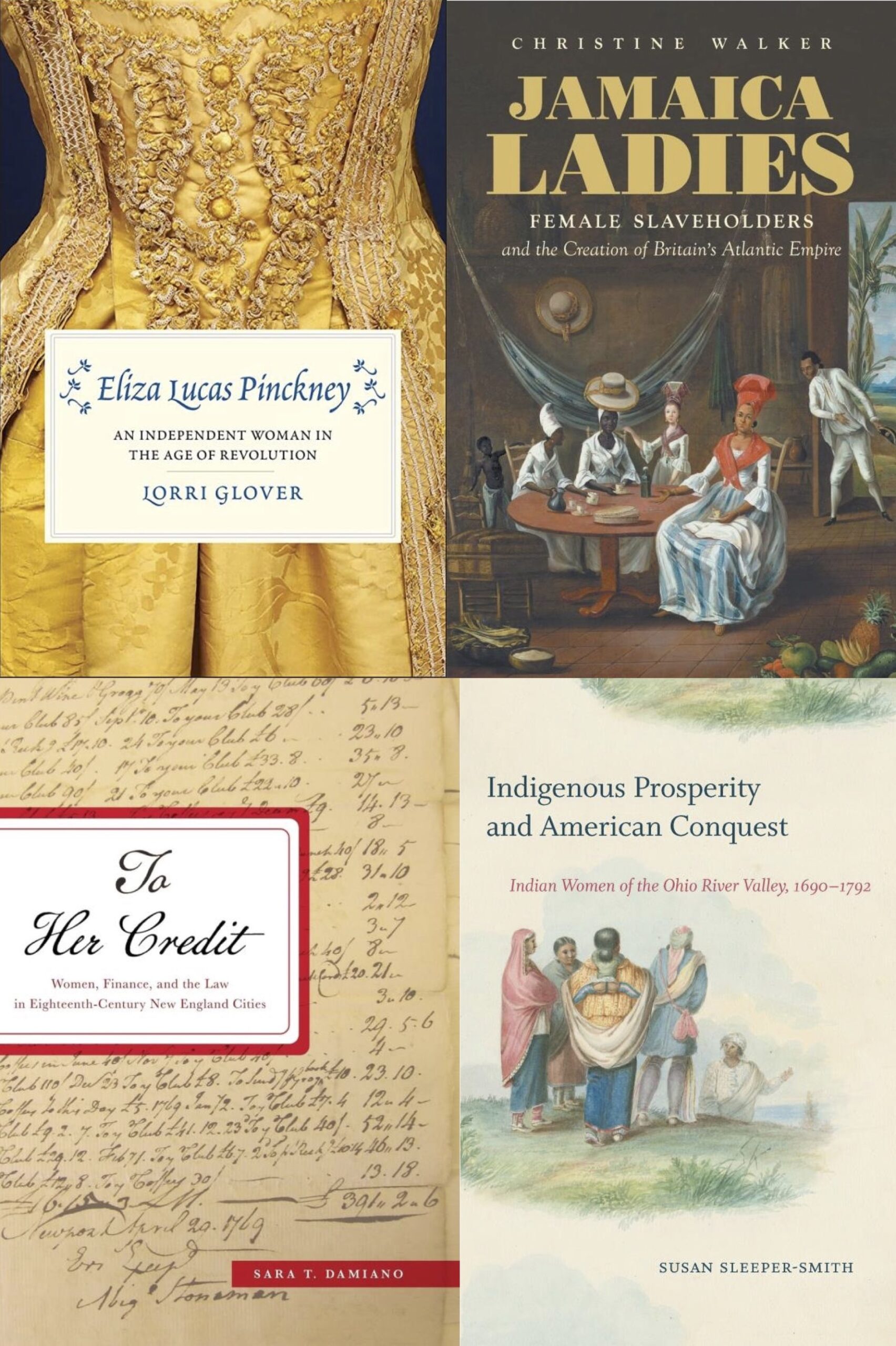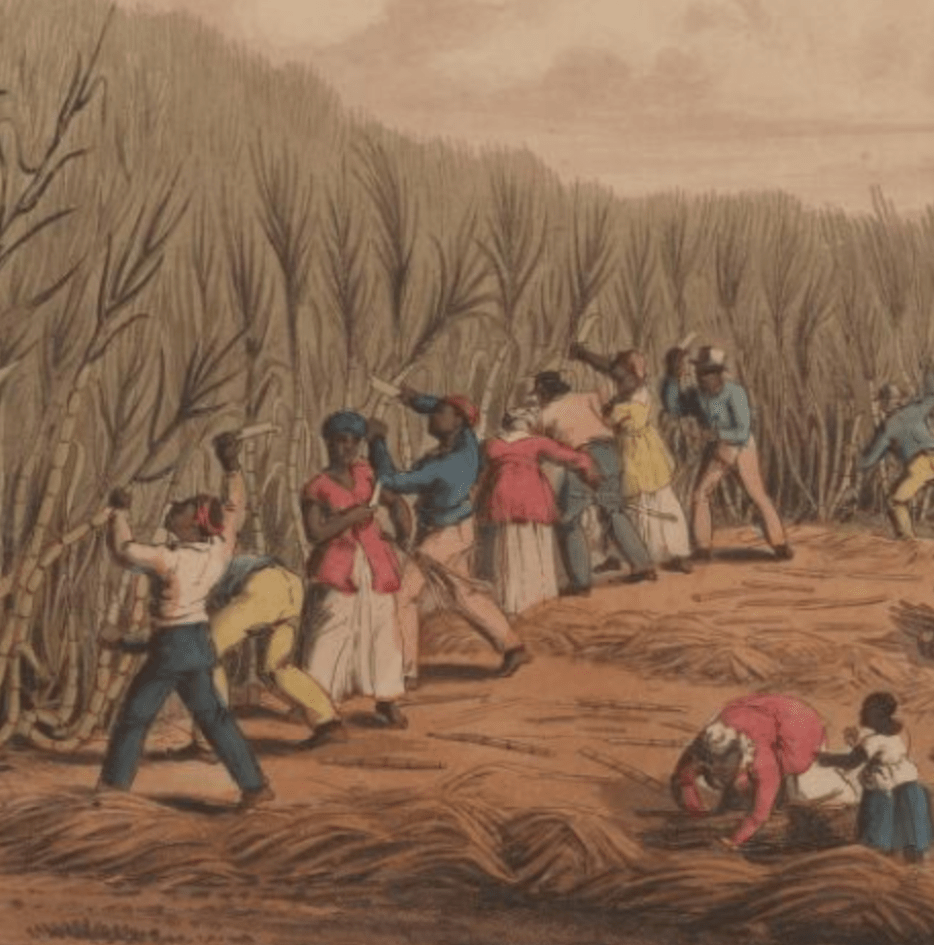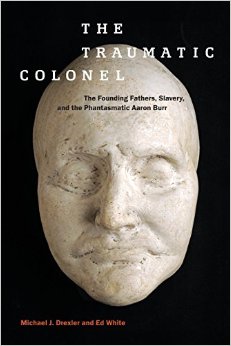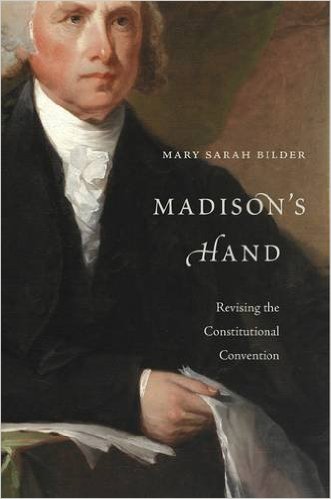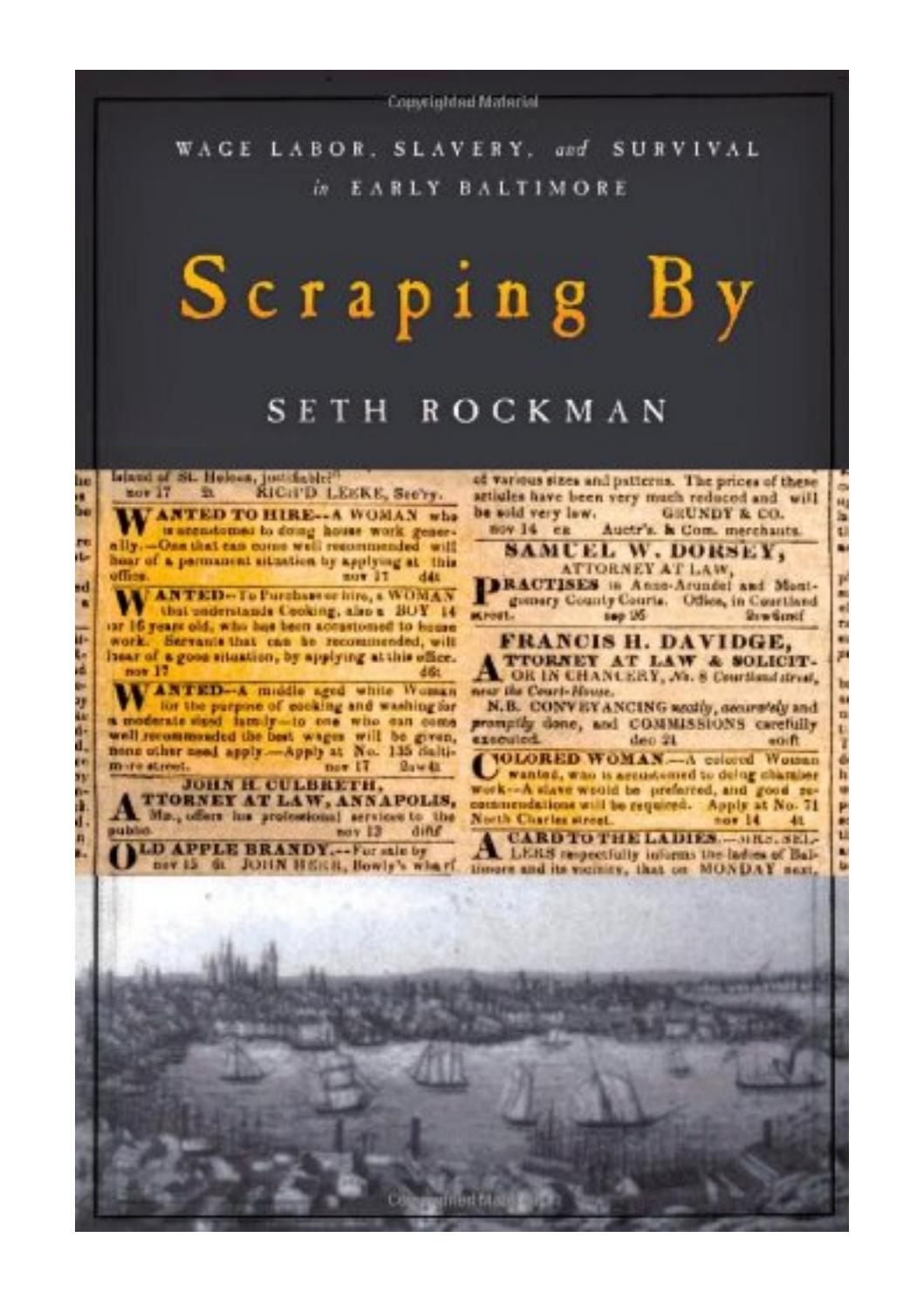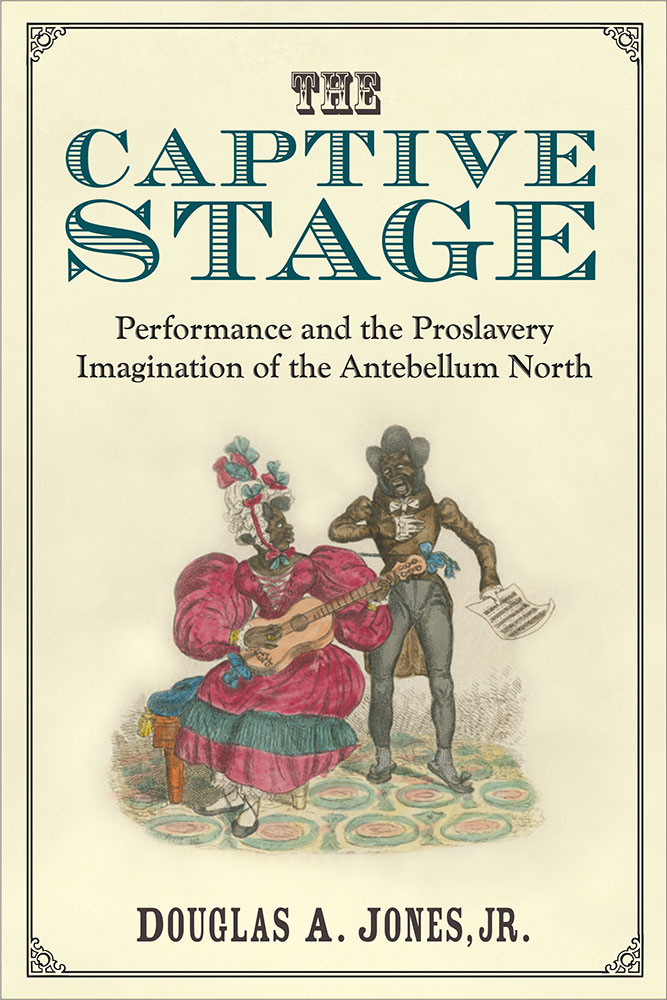With Defiance of the Patriots: The Boston Tea Party and the Making of America, Benjamin Carp gives us a fresh, insightful perspective on why the Boston Tea Party occurred and its outcome. Although the outlines of this chapter in provincial American history are well defined, its details have remained obscured, largely because most of the actual participants honored their oath of secrecy. This tightly structured monograph goes a long way toward clarifying how Boston’s Whig leaders shaped public opinion to oppose Parliament’s revenue-generating tax policies, and how they put their ideals into action by working with the town’s mechanics to destroy the “obnoxious weed.” Most importantly, Carp wants us to see this event as the catalyst that unified the British Empire’s thirteen North American colonies against Parliament’s tax policies and placed them on a course that led inevitably to independence.
Carp begins with a chapter devoted to the history of tea as a global commodity and the British East India Company. It establishes that tea was the commodity upon which England’s empire was built. The survival of the company that distributed it and its consumption by English colonists in colonial America was thus essential to the Empire’s economic health. This chapter, and much of the history that is woven throughout the narrative, highlight that the destruction of the East India Company’s tea on December 17, 1773, in Boston was not just a local rebellion, but one attended with global consequences. Other thematic chapters pursue how tea and the Tea Party affected women, enslaved people, and Native Americans. These draw heavily from secondary sources, and consider the Tea Party from somewhat unexpected, but important and informative, perspectives. Carp explores New Englanders’ relationships with Native American peoples to illumine how Bostonians who observed the Tea Party would have interpreted participants’ Mohawk disguises. His reflections on the ties between tea, sugar, and slavery remind us that New England was every bit as involved in slavery and the slave trade as were the southern colonies.
Most of Defiance of the Patriots, however, is structured around the men who actually participated in the Tea Party—those who planned it, those who managed it, and those who provided the muscle. Surprisingly, Carp’s Boston Sons of Liberty are not the vanguard of the revolutionary era, as we have often seen them depicted, but rather a lot of wayward republicans. In public, they opposed taxation without representation in Parliament, but in private, they couldn’t resist a good cup of tea. Apparently, Boston’s merchants were less reliable in boycotting the purchase of East India Company tea imports than were their counterparts in New York and Philadelphia. Indeed, in what is probably his most original contribution, Carp argues that it was guilt over past lapses in republican virtue, reinforced by incendiary newspaper articles from Philadelphia and New York, that drove Boston’s Whigs to their more radical response in December 1773. Unlike Charlestown, Philadelphia, and New York, the tea consigned to wholesalers in Boston was destined to go awry, per Carp, because Boston’s Sons of Liberty needed to demonstrate their commitment “to defend American liberty” not only to Parliament, but also to patriot leaders in the other American colonies, who worried that Boston’s Sons of Liberty could not be relied upon (174). Their need for redemption, coupled with a royal governor who lacked leverage in the arena of persuasive politics and a Council more interested in being re-elected than upholding the law, created the recipe for one harbor of salt-water tea.
In this respect, Defiance of the Patriots could have been titled “Defiance of the Tyrants.” Carp summarizes succinctly the myriad political, economic, and moral arguments Boston’s Whigs used to justify their opposition to the Tea Act and destruction of the East India Company’s tea. Despite weeks of extra-legal meetings of the “Body of the People,” Boston’s Sons of Liberty felt they could not trust pro-government merchants and Bostonians in general to honor the non-importation and non-consumption agreements. Rather than risk the possibility that popular commitment might waver, as it had in the past, Boston’s Whig leaders determined that the tea stored in the holds of the Beaver, Eleanor, and Dartmouth must be destroyed (126). As Benjamin Franklin observed, though, the patriots destroyed private property to demonstrate their objections to public policy (191). In their zeal to secure one liberty, they violated another liberty of fellow British citizens, who had a legal right to sell, buy, and drink British tea. Whatever influence their arguments against taxation without representation might have held with members of Parliament was lost in the face of potential economic catastrophe for the Empire.
Defiance of the Patriots is meticulously researched and rich in detail. The sheer volume of data could have overwhelmed readers, but Carp handles it deftly and assembles a coherent, engaging story. Carp’s narrative is most interesting where it adds voices from Philadelphia, New York, and Charlestown, emphasizing that boycotting tea as a political statement was not limited to Boston, but rather a pan-colonial concern. Here, it would have been interesting to consider how the Empire’s other colonies (Nova Scotia, West Indies) responded to the Tea Act. Focusing upon only the thirteen colonies that eventually became America assumes more than was known in 1773. Also, even though Carp situates Defiance of the Patriots within the broader context of worldwide trade in exotic goods, the records of Parliament are never referenced. Parallels between Parliament’s need to develop a political solution to rescue the Empire’s largest corporation from bankruptcy and the world’s economic condition today will be obvious to even the most casual reader. Parliament’s struggle to craft global economic policy is absent. The Tea Act appears whole cloth, and Parliament’s members are portrayed as tyrants, intent on lining their own pockets. In this regard, it should be noted that Defiance of the Patriots is somewhat celebratory in that it tends to cast the Sons of Liberty as heroes, and Parliament and the East India Company as villains. Massachusetts’ royal governor reported to “masters in London” (183), and patriots refused to drink tea “rather than meekly submitting to the whim of royal officials” (126). Language of this sort is found throughout the text. It makes for popular reading among the general public as it reinforces familiar stereotypes, but it also cheats knowledgeable readers of the complexity involved in crafting global economic policy and the fluidity of the relationships between the various colonial legislative bodies and Parliament.
Although Carp situates the Boston Tea Party within a global framework, he does not discuss the long-term causes that led to the constitutional crisis over whether Parliament or the colonial legislatures controlled the prerogative to tax within the colonies. The narrative begins in 1765, when America’s port cities were already suffering economically. No mention is ever made that the colonies, New England especially, had already been a point of contention between Massachusetts’ General Court and Parliament for more than a century. This truncated starting point and omission of other historical reference points could be charged to an editor’s desire to limit the book’s scope and length, but engagement of the politics that preceded the era of Imperial Crisis would seem to be essential for a monograph that seeks to explicate why Boston’s patriots believed they were justified in their defiance of British law.
These limitations pale, however, when compared to what Carp has achieved with Defiance of the Patriots. This book has much to offer to professional historians as well as history buffs. It is encouraging to find that, even with an event as iconic as the Boston Tea Party, the past still has much to tell us—and can even surprise us—if we approach it from an informed but unassuming perspective.
This article originally appeared in issue 11.4 (July, 2011).
Christine LaHue is a Ph.D. candidate at the Ohio State University, where she is completing her dissertation, The Resurrection of John Wise: Congregational Republicanism and Popular Mobilization, 1688-1772. Ms. LaHue readily confesses that she is a committed tea-drinker, and would likely have become a lapsed republican, as did so many well-intentioned patriots.



